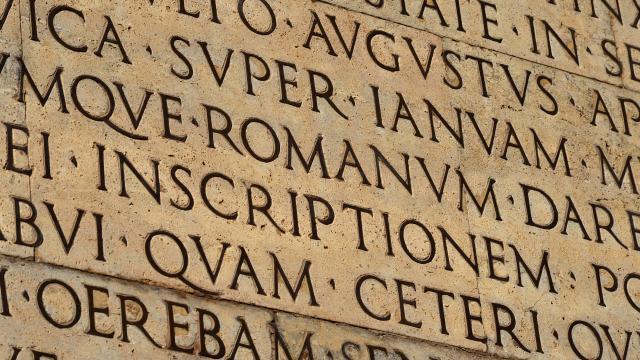
Adobe Stock 330625360
CCS Research Seminar 2
During his principate, Augustus promulgated several perplexing laws that seemingly regulated and restricted manumission: Lex Iunia (~17 BCE), Lex Fufia Caninia (2 BCE), Lex Aelia Sentia (4 CE), and Lex Papia Poppaea (9 CE). Literary sources present an emperor deeply hostile to the ‘excessive’ and ‘wanton’ freeing of slaves, yet the contents of his laws seemed utterly misaligned with this alleged goal. The early Chinese emperors likewise expressed concern with slavery, though they condemned the practice and regularly enforced mass manumission – one reform even sought to abolish slavery entirely. Yet here too, a disjunction emerges between ideological rhetoric and legislative practice. Despite their moral posturing, the emperors themselves remained major slaveholders and did not subject themselves to the reforms they imposed. The similarity in issues of interpretation for both cultures invites a comparative study. This paper presents a comparative analysis of manumission laws in early Roman and Chinese imperial contexts, arguing that these laws and edicts served broader political purposes. Far from being solely concerned with the regulation of slavery, they formed part of each regime’s efforts to reshape social hierarchies and assert control over the relationship between slaves, freed persons, and the ruling elite.
Speaker:
Dr Dan Zhao is an alumnus of the University of Melbourne, where he studied Classics after a regretful foray into the world of corporate finance. He is a recent PhD graduate of the University of Cambridge, where he completed a thesis on the politicisation of manumission and freedmen in Rome. He is currently working as a postdoctoral researcher on Dr Tom Geue’s ARC project, Elephant in the Study: Working Latin Literature for the Enslaved. In addition to ancient slavery, Dan also maintains a keen interest in comparative and global approaches to antiquity, especially Sino-Roman comparative studies.
Location
Speakers
- Dr Dan Zhao (ANU)
Contact
- Simona Martorana